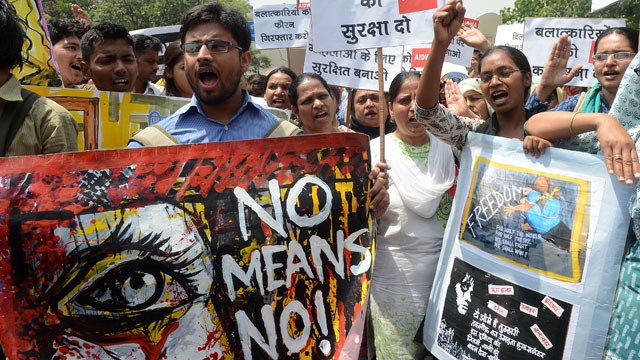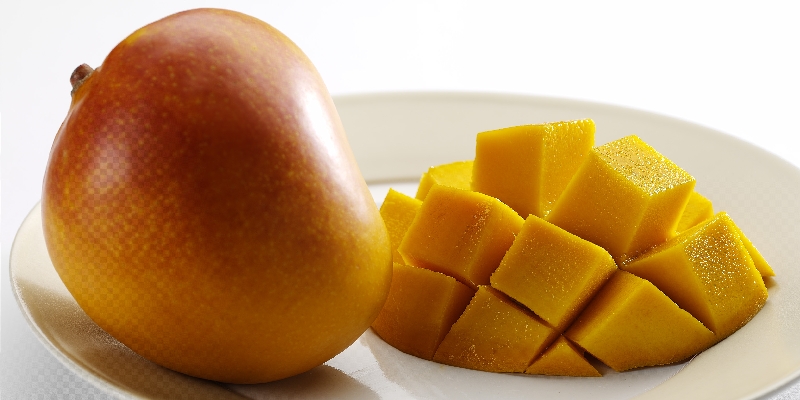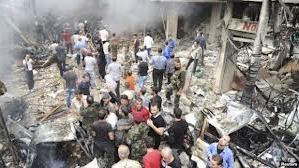The conviction pronounced to juvenile in Dec 16 case has provided us with an opportunity to question the kind of reformation process that is provided to such underage convicts in the correctional facilities
A few days ago, when the verdict for the juvenile accused in the December 16 Gang Rape Case was announced, the victim’s younger brother couldn’t believe his ears and immediately fell upon him to mete out instant justice. The juvenile, who was described as the “most brutal” of all the rapists that night, was handed down 3 years in a correctional facility for his horrendous act. Many people across the country expressed shock and rage on hearing the verdict and many others lauded the victim’s brother for doing what he did. I, on the other hand, found myself torn between appreciation and the denunciation of the verdict.
It’s not so easy to take an extreme position on an issue when you are appealed by the arguments that both sides have to offer. The Juvenile Justice (Care and Protection) Act, 2000 is an extremely progressive piece of legislation that has drawn praise from many acclaimed jurists. Indeed, after the heat generated by the December gang Rape case prompted many people to demand a reduction of the age (to be considered a juvenile) from 18 to 16 in the act, the Supreme Court firmly rejected all such petitions and many social activists have since then pointed out that juvenile crime rates in the country have actually gone down. On the one hand is the consideration of age for the accused in the gang rape case, while on the other hand is the horror generated by his act. It is with some relief then that one observes that the law hasn’t made an exception in this case and has firmly stated that the law of the land applies equally to everyone at large.

There is a tendency to see these cases highlighted by the mainstream media in isolation and hence demand the most punitive punishment through legislation to deal with such crimes in the future. However, one should not forget the social and the economic background of these children which first pushed them in the company of people most prone to criminal tendencies and then made a criminal out of them. Before placing the blame squarely on the shoulder of the juvenile convict, not discounting the propensity of his act, as a society we must also utilize the debate generated in the aftermath of his conviction to introspect and analyze the kind of atmosphere we are providing our youngsters to grow up in.
However, keeping all these factors in mind, one should still not forget that being a juvenile is no excuse for perpetrating such a crime. This conviction has provided us with an opportunity to question the kind of reformation process that is provided to such underage convicts in the correctional facilities. Just last week, I heard Mr. Gopal Subramaniam, a senior advocate in the Supreme Court, lament about how our correctional facilities still have a lot of ground to cover in terms of reforming and mainstreaming those convicted for crimes while they were still underage. What we typically see in a juvenile correctional facility is the bullying of younger convicts by older ones, a systematic abuse of power and authority by those in charge of overseeing the administration of the facility and constant harassment of the convicts on various grounds, so that when they are finally released, they are even more determined to break the law and evade the law enforcement authorities rather than respecting and following it.
The need of the hour is to reflect upon the verdict and collectively debate the wisdom of it instead of indulging in knee jerk pontification. Our agencies need to be very alert and efficient in determining the juvenile status of the accused which requires a considerable up gradation in facilities conducting biological tests such as the bone test conducted in this case. All probability of misuse and manipulation must be eliminated if the legal system is to retain its credibility as well as to protect the interests of the underage accused. The gains made with the Juvenile Justice (Care and Protection) Act, 2000 would be very much reversed if its checks and balances are not made to work properly. In the interests of the Nirbhayas at large, this must be checked.





